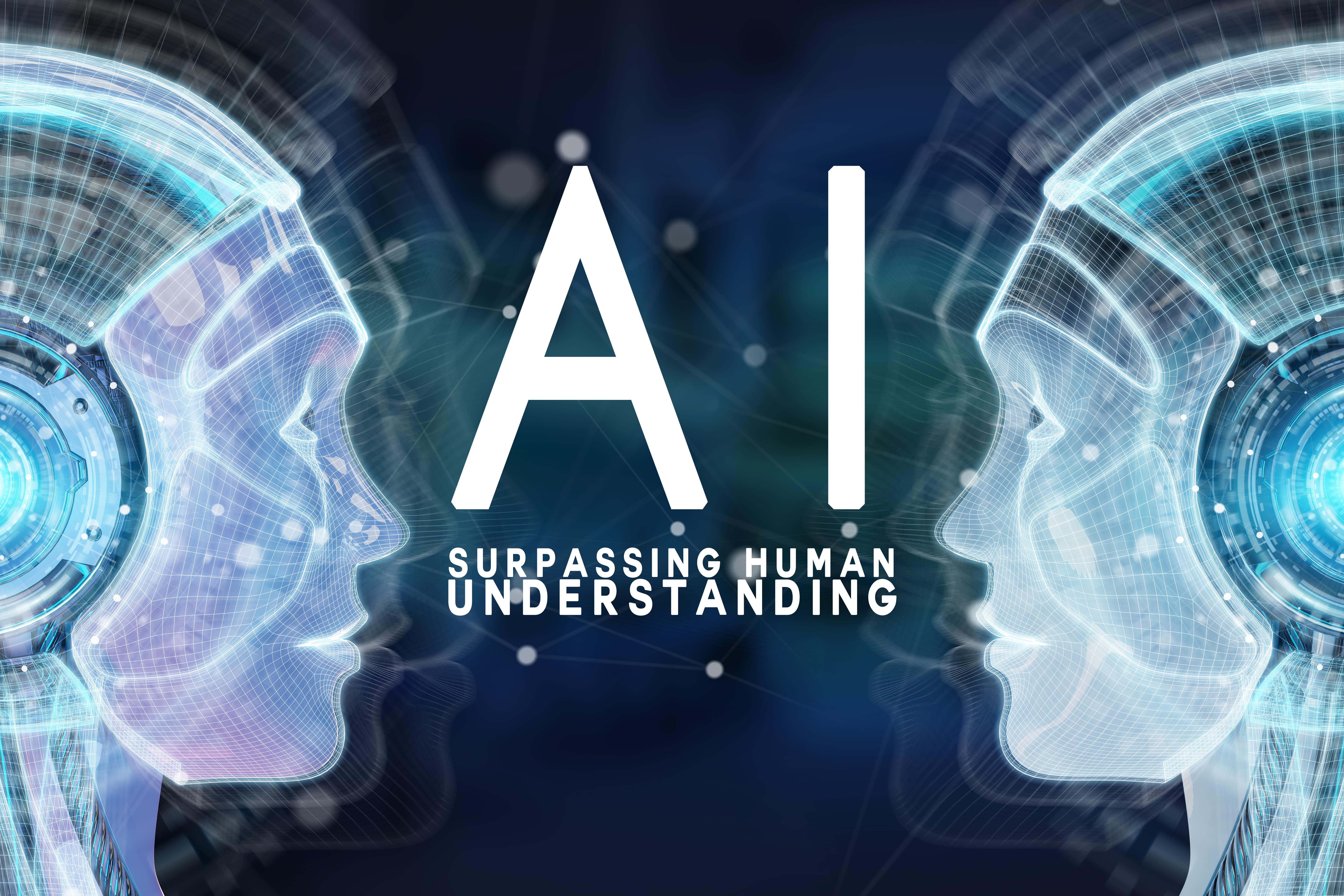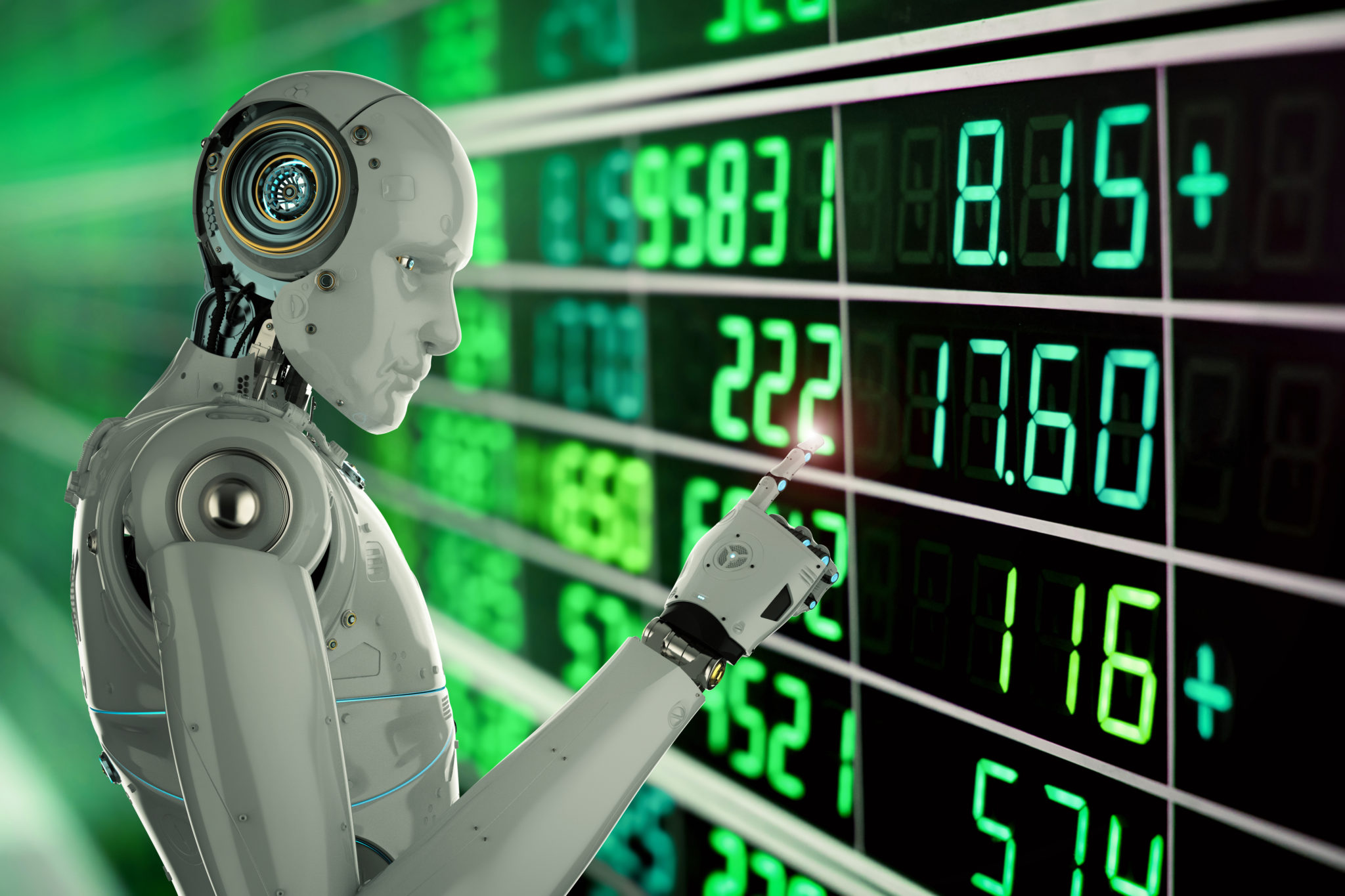Artificial Intelligence: A Comprehensive Guide
Artificial Intelligence (AI) is an ever-evolving field that has been the focus of significant research and development in recent years. From virtual assistants to self-driving cars, AI has become an essential component of modern-day technology. In this blog, we'll dive into the world of AI, its history, current trends, applications, and the future of this exciting technology.
History of Artificial Intelligence
The origins of AI can be traced back to the 1940s when scientists began exploring the idea of creating machines that could think and learn like humans. The first AI program was written in 1951, and in 1956, the term "Artificial Intelligence" was coined by John McCarthy, who is considered the father of AI. Throughout the 1960s and 1970s, AI research focused on developing rule-based expert systems, which were designed to mimic the decision-making processes of human experts in specific fields.
In the 1980s and 1990s, AI research shifted towards machine learning, which involved training computers to learn from data rather than being programmed with explicit rules. This approach led to significant breakthroughs in areas such as computer vision and natural language processing, and set the stage for the current era of AI research.
Current Trends in Artificial Intelligence
Today, AI is one of the most active areas of research in computer science, and it has applications in a wide range of industries, including healthcare, finance, manufacturing, and transportation. Some of the current trends in AI research and development include:
- Deep Learning - This is a type of machine learning that uses neural networks to learn from large amounts of data. Deep learning has been used to develop systems that can recognize images, translate languages, and play games at a superhuman level.
- Natural Language Processing - This is a branch of AI that focuses on teaching computers to understand and respond to human language. Natural language processing has been used to develop virtual assistants like Siri and Alexa, and to create chatbots that can interact with customers in a conversational way.
- Robotics - This involves creating machines that can perform tasks autonomously or with minimal human intervention. Robotics has applications in fields such as manufacturing, healthcare, and agriculture.
Applications of Artificial Intelligence
AI has a wide range of applications in various industries, and it has the potential to revolutionize the way we live and work. Here are some of the most notable applications of AI:
- Healthcare - AI is being used to develop systems that can diagnose diseases, develop personalized treatment plans, and monitor patient health in real-time.
- Finance - AI is being used to detect fraud, make investment decisions, and optimize trading strategies.
- Manufacturing - AI is being used to improve production efficiency, quality control, and predictive maintenance in manufacturing processes.
- Transportation - AI is being used to develop self-driving cars, optimize traffic flow, and improve logistics and supply chain management.
The Future of Artificial Intelligence
The future of AI is full of possibilities. As the technology continues to evolve, we can expect to see new applications and use cases emerge. Some of the potential future developments in AI include:
- Augmented Intelligence - This involves creating systems that enhance human decision-making rather than replacing it. Augmented intelligence could be used to improve healthcare, financial decision-making, and other areas.
- Explainable AI - This involves creating AI systems that can explain their decision-making processes in a way that humans can understand. Explainable AI could increase transparency and trust in AI systems.
- Autonomous Systems - This involves creating AI systems that can operate independently and make decisions without human intervention. Autonomous systems could be used to perform tasks in hazardous environments, such as space exploration or disaster response.
Conclusion
Artificial Intelligence is a rapidly evolving field with significant potential to transform the way we live and work. As AI technology continues to advance, it is important to consider its implications for society and to ensure that its development is ethical and responsible. While there are concerns about job displacement and the potential misuse of AI, there are also many opportunities for AI to improve our lives and tackle some of the world's most pressing problems.
As we look to the future, it is clear that AI will play an increasingly important role in our society. Whether it's developing new healthcare treatments, improving transportation systems, or advancing scientific research, AI has the potential to change our world in ways that we can't even imagine. By continuing to invest in AI research and development, we can unlock its full potential and create a brighter future for all.





